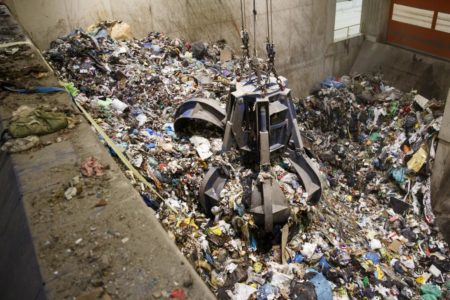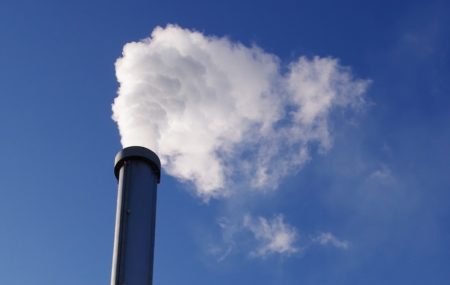The Environmental Services Association and the Environment Agency are assessing what a European Union review of incineration techniques for energy from waste (EfW) plants might mean for the UK.
The assessments will look at whether the plants might need to be modified to comply with updated standards following the publication of Best Available Techniques (BAT) conclusions on waste incineration.

The Commission said that the EU standards will help ‘lower the environmental impact of the waste incineration’
After a five-year review process the BAT conclusions have been published in the Official Journal of the European Union. Consequently, all permit conditions of European EfW plants will be reconsidered within four years to ensure compliance with the new requirements.
Executive director of the Environmental Services Association, Jacob Hayler said: “Alongside our members, as part of a formal working group, the ESA is still currently evaluating the new Best Available Techniques conclusions to determine the impact upon UK energy-from-waste operators.
“The working group is currently in discussions with the Environment Agency to look at how permit requirements for existing and new EfW facilities may need to be modified to incorporate the new guidance.
“Once this work has concluded, we will be in a position to offer more complete guidance to operators and to take a view about how this may be implemented in practice.”
Standards
The BAT conclusions are to provide national authorities with a technical basis on which to set permit conditions for EfW facilities.
They include the need for the development of a policy that includes the continuous improvement of the environmental performance of the installation and the set-up and implementation of waste characterisation.
In a post on its website following the publication of the new standards, the European Commission said: “New emissions, monitoring and efficiency standards will help national authorities to lower the environmental impact of the waste incineration sector in the EU.

The BAT conclusions are to provide authorities with a technical basis on which to set permit conditions for EfW facilities
“This sector represents more than 500 installations and treats around 30% of the EU’s municipal waste as well as other types of waste such as hazardous wastes or sewage sludge.”
The standards stem from a review of the BAT Reference Document (BREF) for waste incineration. The review’s conclusions were published in the Official Journal of the EU on 3 December.
The Commission said: “Beyond their importance to the European waste incineration sector, these BAT conclusions also play an important role in achieving EU environmental and waste management policy goals.
“Waste management is an essential part of the EU’s transition towards a circular economy and is based on the ‘waste hierarchy’ which sets the order of priority when shaping waste policy and managing waste at the operational level.”
BAT
And, the Commission added: “The BAT conclusions provide national authorities with a sound technical basis to set permit conditions for industrial installations.”
While the main aim of the conclusions is to reduce emissions including noise and odour from waste incineration, other environmental issues contributing to the circular economy, such as energy efficiency and resource efficiency, are also covered.
There are 37 individual BAT conclusions contained in the document. Of these, 18 cover general aspects such as environmental management and monitoring practices, while 11 refer to emissions to air.
“These BAT conclusions play an important role in achieving EU waste management policy goals”
Others apply to emissions to water, noise, energy efficiency and to material efficiency.
Controversy
Paul De Bruycker, the president of CEWEP, the pan-European EfW body, said: “We are very proud of the environmental performances of waste-to-energy plants in Europe, which continue to act as a sink for pollution in an integrated waste management, treating the waste that cannot be recycled in an environmentally sound way, while using robust technology and long-term experience.
“Waste-to-energy provides the perfect bridge to support the efforts of our society to become more circular while avoiding that substances of concern re-enter the cycle.”
Brexit
With Britain scheduled to leave the European Union in the coming year, it is unclear how the new standards would be adopted into British legislation.
The full proposals can be seen here.
The post Agency and industry assess impact of EfW review appeared first on letsrecycle.com.
Source: letsrecycle.com Waste Managment


